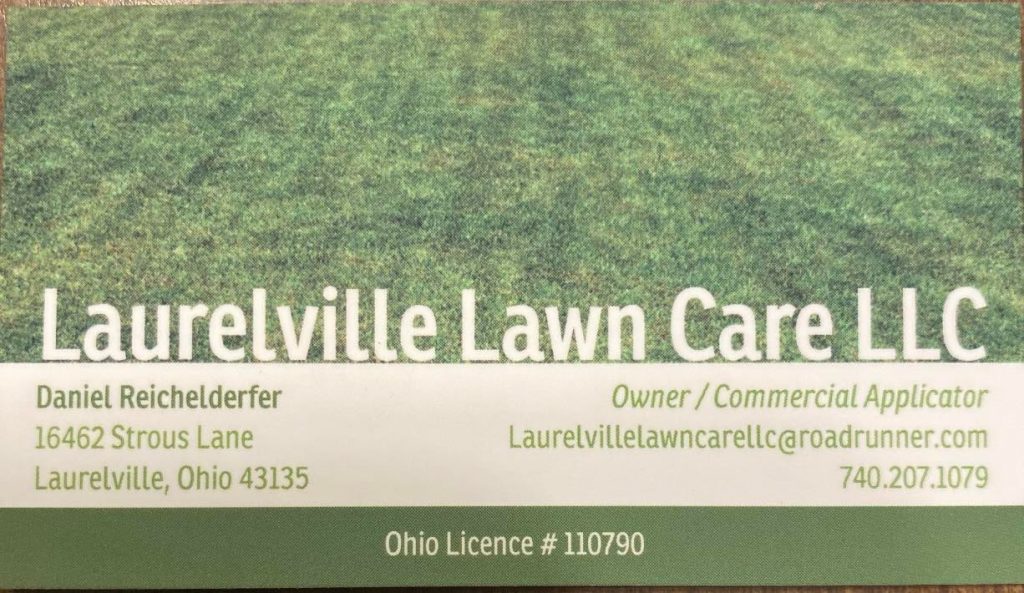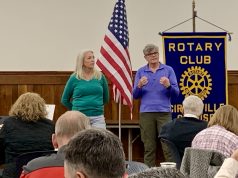(EAST PALESTINE, Ohio) — Ohio Attorney General Dave Yost is suing a phony charity that falsely claimed to be collecting donations to benefit residents of East Palestine following the Norfolk Southern train derailment.
Yost’s lawsuit alleges that Mike Peppel, in soliciting contributions, presented his Ohio Clean Water Fund as a nonprofit organization acting on behalf of Second Harvest Food Bank of the Mahoning Valley to provide residents with emergency aid and bottled water. Instead, Peppel and others have pocketed at least $131,000 of the roughly $141,000 raised from more than 3,000 donors.
“The idea that somebody would so brazenly exploit a disaster situation and the good hearts of people who want to help is unconscionable,” Yost said. “I’m mad as hell about this, and we’re going to make sure this sham charity gets shut down.”
Representatives of Second Harvest Food Bank complained to the Ohio Attorney General’s Office that they had not authorized the partnership cited by Peppel in soliciting contributions via mass emails and text messages.
Yost is seeking a temporary restraining order and preliminary injunction to halt Peppel’s illegal activity, prohibit him from engaging in additional charitable solicitations and preserve existing charitable assets.
Second Harvest Food Bank twice confronted Peppel to tell him to stop advertising the non-existent partnership. To date, and only after he was called out, Peppel has paid only $10,000 to the food bank, a mere 7% of what Peppel admits he raised.
“Here’s a message for anybody else who might hope to profit from the situation in East Palestine: Don’t even think about it,” Yost said.
The Attorney General’s Office is privileged to protect and regulate the charitable sector, a role that the office’s Charitable Law Section fulfills by investigating abuses of charitable trusts and monitoring charitable registration.
For those wanting to make a charitable contribution, AG Yost encourages donors to research charities and ask the right questions. Follow these steps to ensure that your money is going to a reputable charity:
Visit the attorney general’s Good Giving Guidelines and Research Charities webpage to check whether charities have complied with registration requirements. Media articles and other postings can also provide useful details about groups, board members and key employees.
View 990 forms, which most tax-exempt groups must file with the Internal Revenue Service. These forms describe where organizations get their funding and how they spend it.
Support familiar, established organizations, or, if considering a donation to an unfamiliar group, check its website first. Does the information match what you received when you were asked to contribute? Do the group’s programs and services make sense?
Talk with friends and family about unfamiliar solicitations. Have they heard of the group? Do they know of anyone who has been assisted by it?












